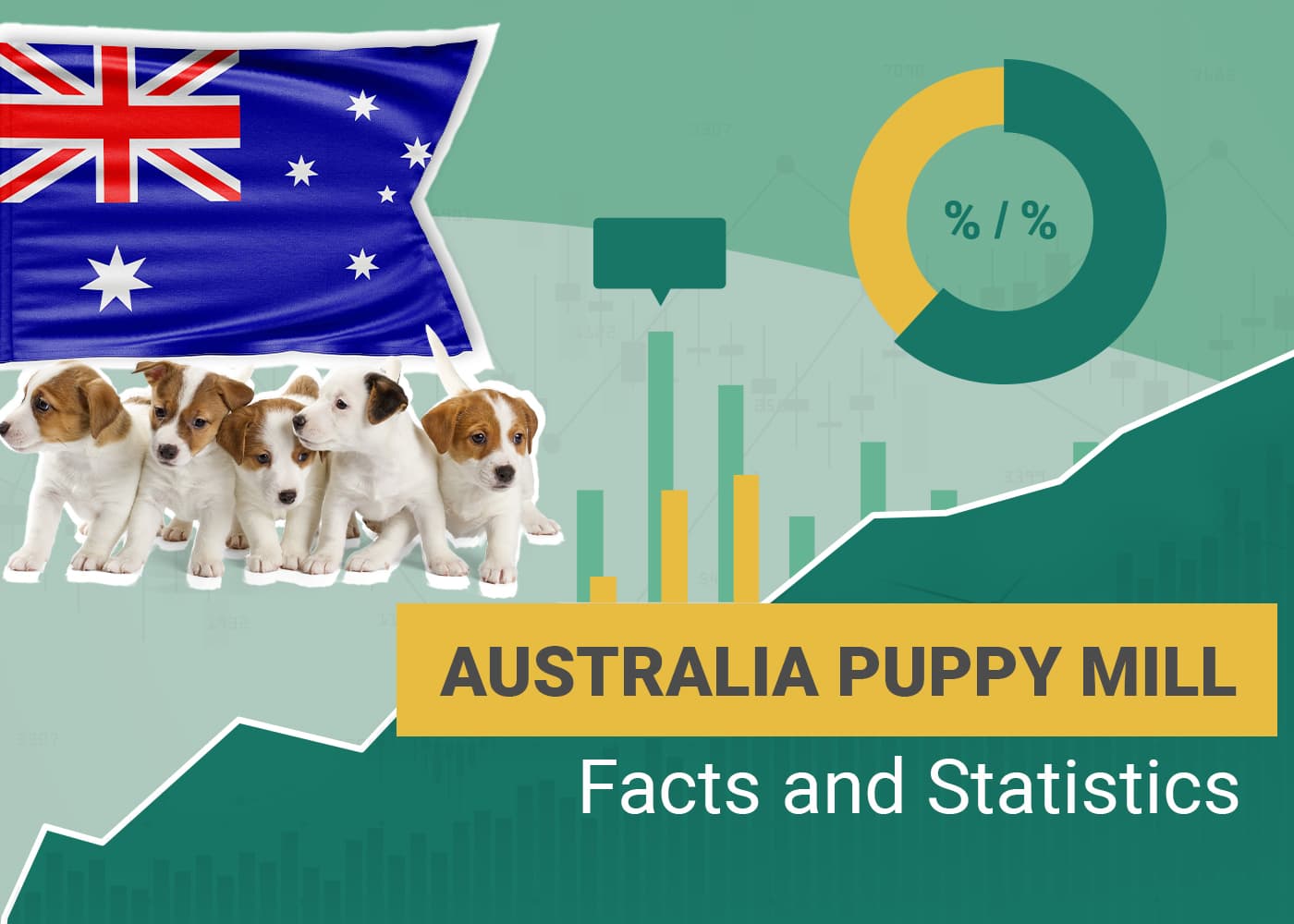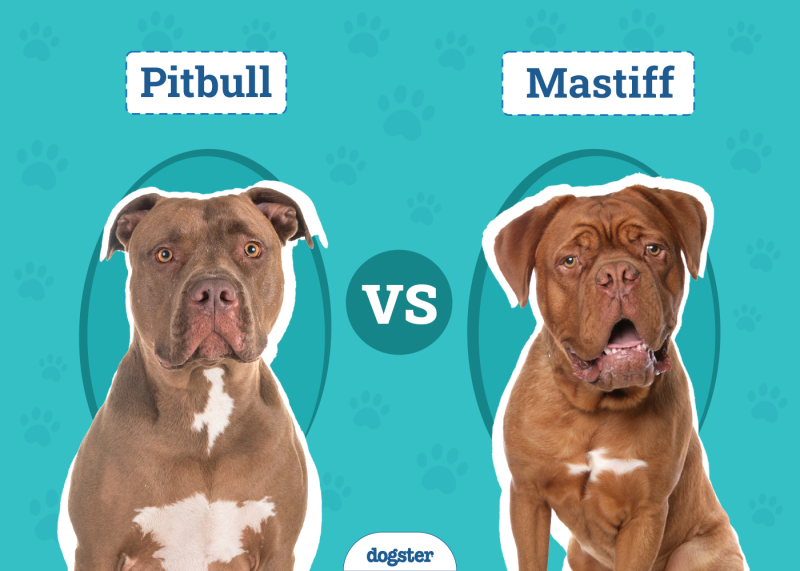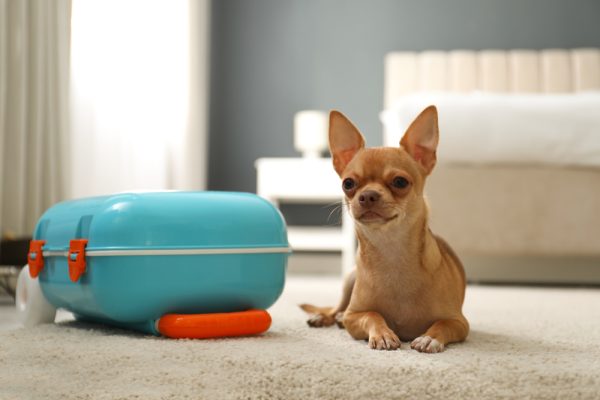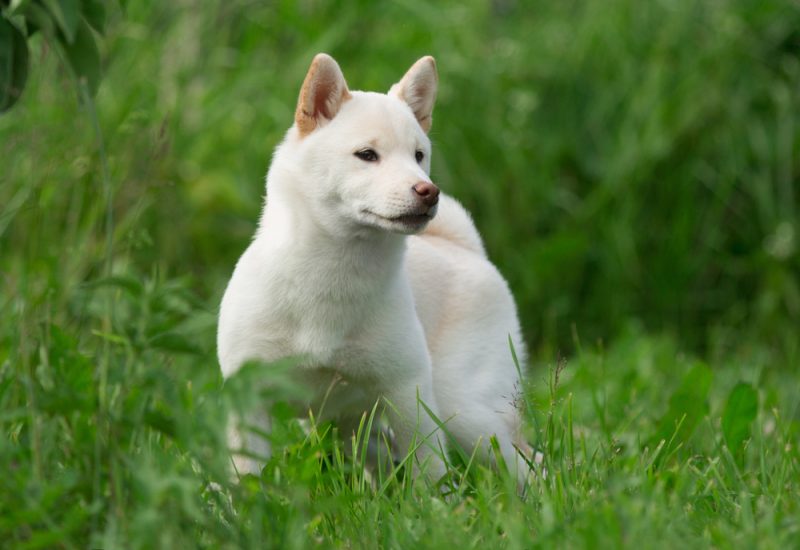In this article
Note: This article’s statistics come from third-party sources and do not represent the opinions of this website.
Unfortunately, unscrupulous manufacturers and sellers have realized that people are willing to spend big bucks on their animal companions. It’s an unfortunate consequence of the humanization of the pet industry. Tugging on pet owners’ heartstrings has empowered people operating puppy mills. Some breeders have often taken advantage of a person’s instinct to reach out to helpless animals to exploit it for their financial gain.
Money is one thing. However, puppy mills or factories are havens of animal cruelty, often having inhumane conditions for their animals. It seems that the overriding problem in Australia is a lack of a national law. Each state handles the issue differently. Victoria has been a leader in requiring pre-breeding health checks and banning animal sales in pet shops. However, not all areas have followed suit. To learn more, read some of the following details about puppy mills in Australia.

The 13 Australia Puppy Mill Statistics
- The Royal Society for the Prevention of Cruelty to Animals (RSPCA) euthanized 288,000 dogs in 2023.
- The RSPCA of Queensland and New South Wales euthanized 1,448 dogs in 2023 for behavioral reasons.
- Roughly 43.9% of pet owners bought them from breeders in 2023.
- The RSPCA received 69,623 animal cruelty complaints in 2023, resulting in only 251 prosecutions.
- Queensland had the most animal cruelty cases investigated at 15,165 or over one-quarter for the entire country.
- An estimated 7,400 unregulated backyard breeders exist in South Australia alone.
- Tasmania, New South Wales, and Queensland currently have no caps on the number of dogs kept in puppy mills.
- It’s legal in South Australia to keep a dog confined in a cage for 23 hours daily.
- Only about 15% of the 450,000 puppies sold annually came from pet shops.
- A woman was fined $25,000 and sentenced to 10 months in prison for operating a puppy farm with 32 dogs living in inhumane conditions.
- Almost 30% of Australians adopted their pets from animal shelters.
- RSPCA authorities permanently closed Tasmania’s largest puppy mill, housing over 250 Labradoodles.
- The popularity of designer dogs has increased by 75%, signaling a need for quick action on puppy farms.
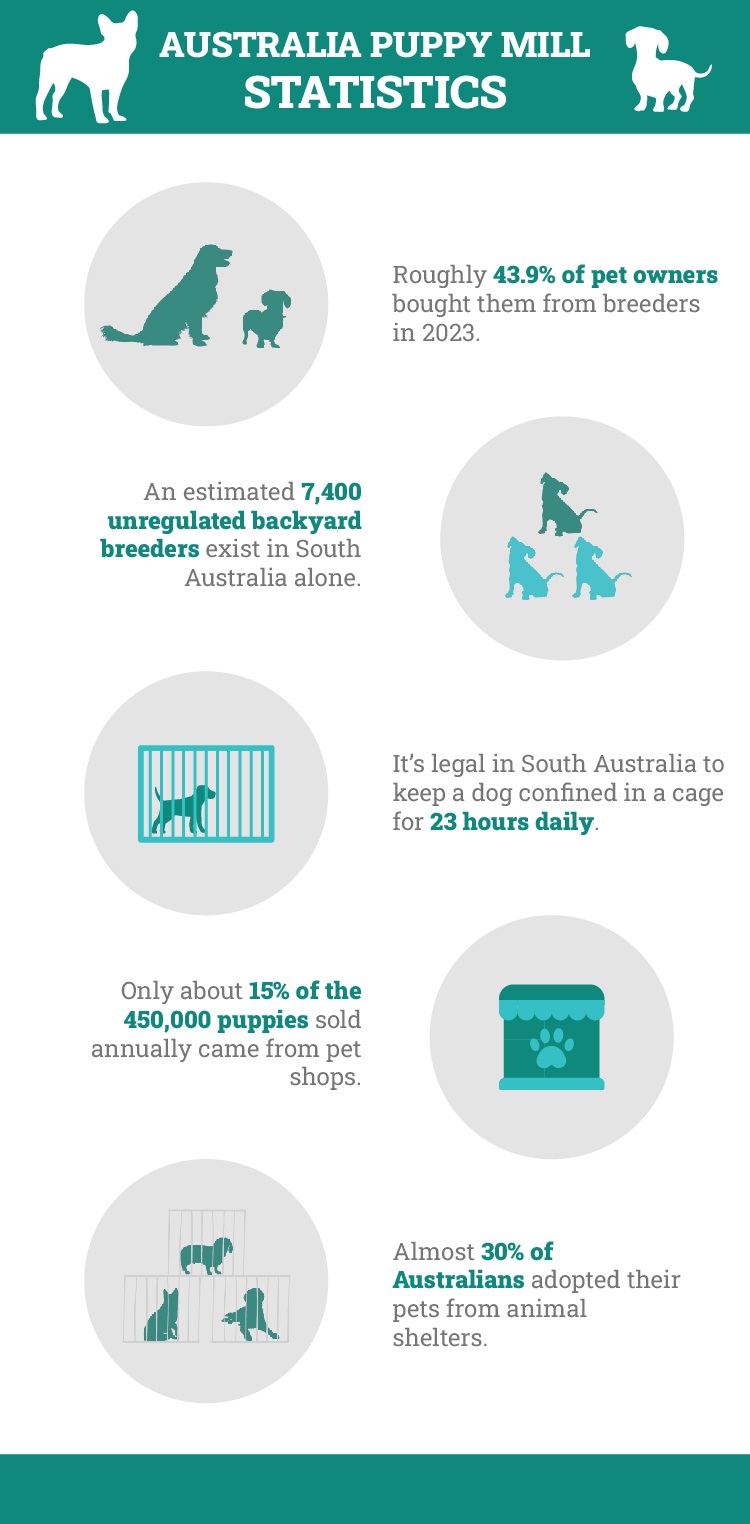

General Statistics Regarding Australian Puppy Mills
1. The Royal Society for the Prevention of Cruelty to Animals (RSPCA) euthanized 288,000 dogs in 2023.
This statistic shows a sobering consequence of puppy farms. Of course, there are other reasons for euthanasia. However, behavioral issues and the unexpected costs of owning a dog are among them. The underlying problem with puppy mills is that they foster impulse purchases that sometimes involve uneducated and uninformed buyers.
(Statista)
2. The RSPCA of Queensland and New South Wales euthanized 1,448 dogs in 2023 for behavioral reasons.
Reputable breeders screen prospective buyers before they sell their puppies. It protects everyone. They also won’t release them before the pups are 8 weeks old to guard against just these types of issues. This figure comes from two of the country’s six states and two territories and only scratches the surface of the problem.
(Statista)
3. Roughly 43.9% of pet owners bought them from breeders in 2023.
This percentage may seem like puppy mills aren’t a significant problem. However, it doesn’t differentiate between registered and reputable individuals versus backyard breeders with no oversight or regulation. It also says nothing about the animal’s care. These pets may not have been vaccinated or examined by a veterinarian. Sadly, many people buy dogs online sight unseen.
(Statista)

4. The RSPCA received 69,623 animal cruelty complaints in 2023, resulting in only 251 prosecutions.
This figure shows one of the problems of legislating against puppy farms—enforcement. It also illustrates that people recognize the issue and are willing to do something about it. The RSPCA makes it evident what constitutes cruelty and illegitimate breeding operations. Unfortunately, the situation is probably bigger and more widespread than anyone may realize.
(RSPCA)
5. Queensland had the most animal cruelty cases investigated at 15,165 or over one-quarter for the entire country.
This figure is staggering but not unexpected, considering what’s legal in this state. No requirements exist for suitable bedding, socialization, or exercise. There aren’t even limits to the number of litters, making these animals breeding machines. To be fair, Queensland has a breeder ID system. However, it all comes back to enforcement.
(RSPCA)


The Scope of the Problem
6. An estimated 7,400 unregulated backyard breeders exist in South Australia alone.
The total number of puppy farms and backyard breeders is unknown. Many operate clandestinely to avoid complaints and possible prosecution. Nevertheless, this figure is startling. While some individuals undoubtedly care for the puppies, many are also in it for the money. Veterinary care may be an extravagant expense to some people.
(Government of South Australia)
7. Tasmania, New South Wales, and Queensland currently have no caps on the number of dogs kept in puppy mills.
This statistic refers to the number of breeding animals in an operation. High-profile cases have involved tens and even hundreds of dogs. Many legislative attempts have targeted this limit. However, we think the focus must be on the pups, whether it’s only two or 20. They must have everything they need to thrive and have a decent quality of life.
(Oscar’s Law)
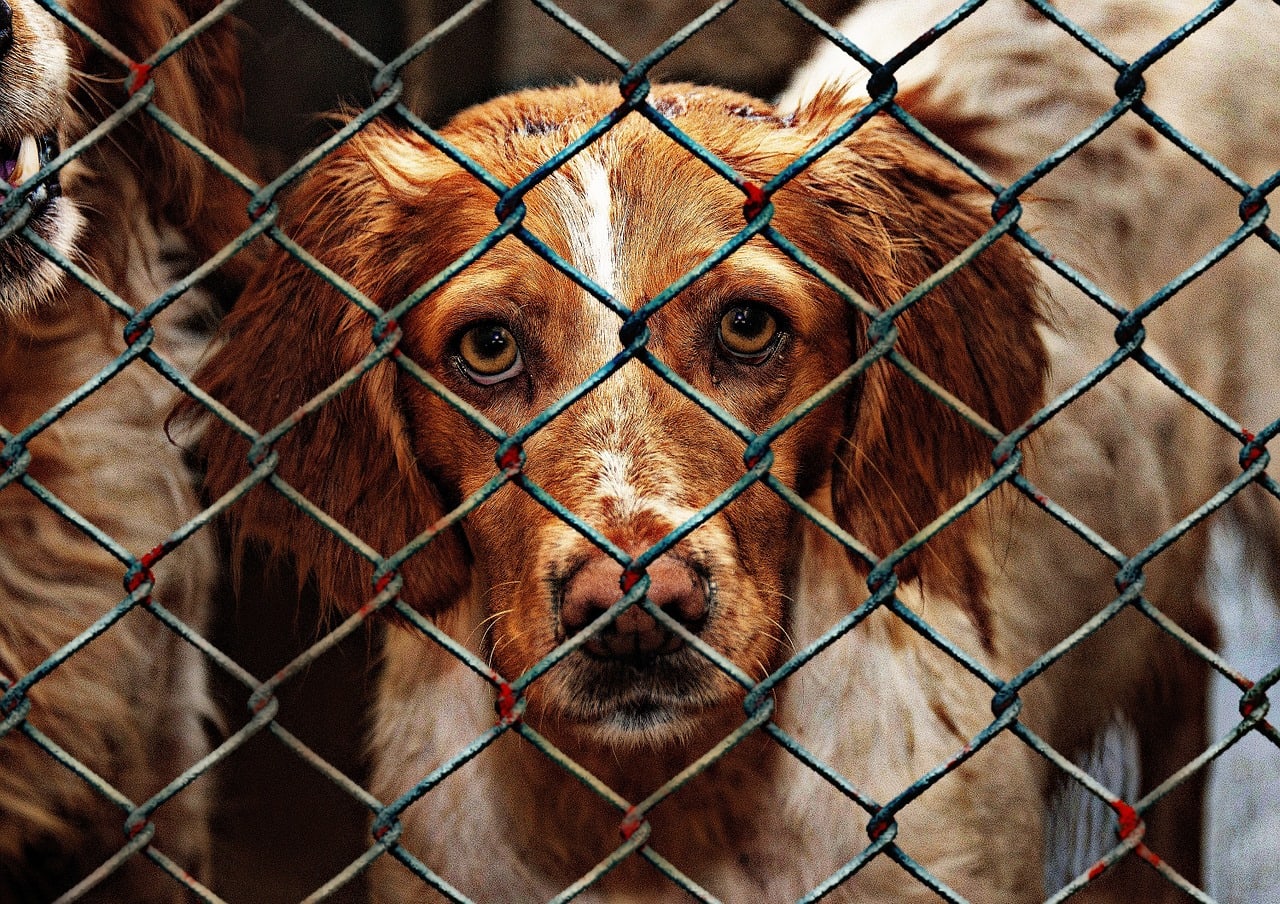
8. It’s legal in South Australia to keep a dog confined in a cage for 23 hours daily.
This figure is meant to startle you because it shows the extent of the lack of regulation. Educated pet owners know that dogs need interaction for their mental well-being. Confinement denies the animals opportunities to exercise and socialize. It also makes for healthier breeding stock, which seems self-evident to us.
(Animal Australia)
9. Only about 15% of the 450,000 puppies sold annually came from pet shops.
Public opinion has evolved over the years as people have learned about puppy farms and what happens to the dogs there. Many end up in pet shops where they may not get the care they need. Many legislative attempts have targeted these businesses because they perpetuate the trade. Sadly, many animals in these situations suffer from the same cramped and unhealthy conditions as the puppy farms.
(Animal Australia)
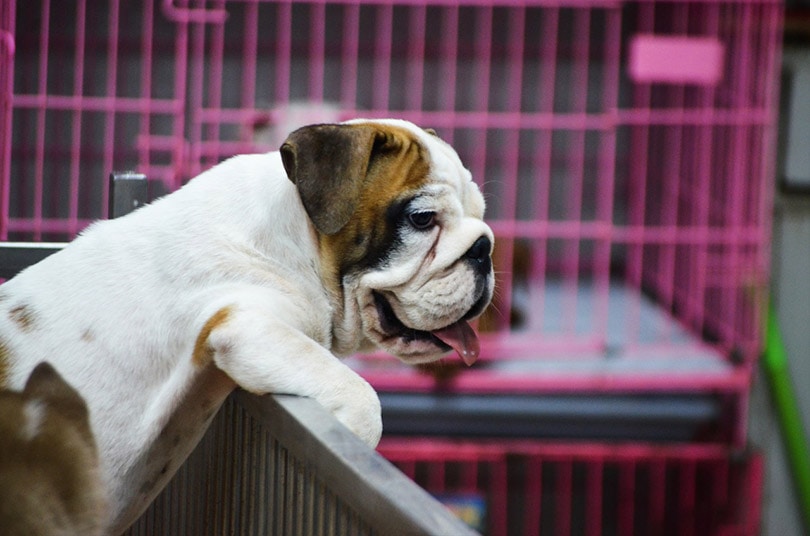
10. A woman was fined $25,000 and sentenced to 10 months in prison for operating a puppy farm with 32 dogs living in inhumane conditions.
This story surprised us because we had no idea about the scope of the problem. We were glad to see the dogs rescued but were shocked to learn that this individual made an estimated $180,000 per year from selling puppies, according to the RSPCA. Puppy farms aren’t just an animal welfare issue. They are a huge, lucrative market that will likely take more than legislation to control.
(Yahoo News)

The Changing Tide
11. Almost 30% of Australians adopted their pets from animal shelters.
This figure hopefully represents a positive change in puppy farms as more people seek to adopt pets than buy from breeders. It makes sense. You can give a deserving pup a new lease on life. The pooch will likely be spayed or neutered and have a microchip. Authorities have identified those two actions as being pivotal to changing the tide.
(Statista)
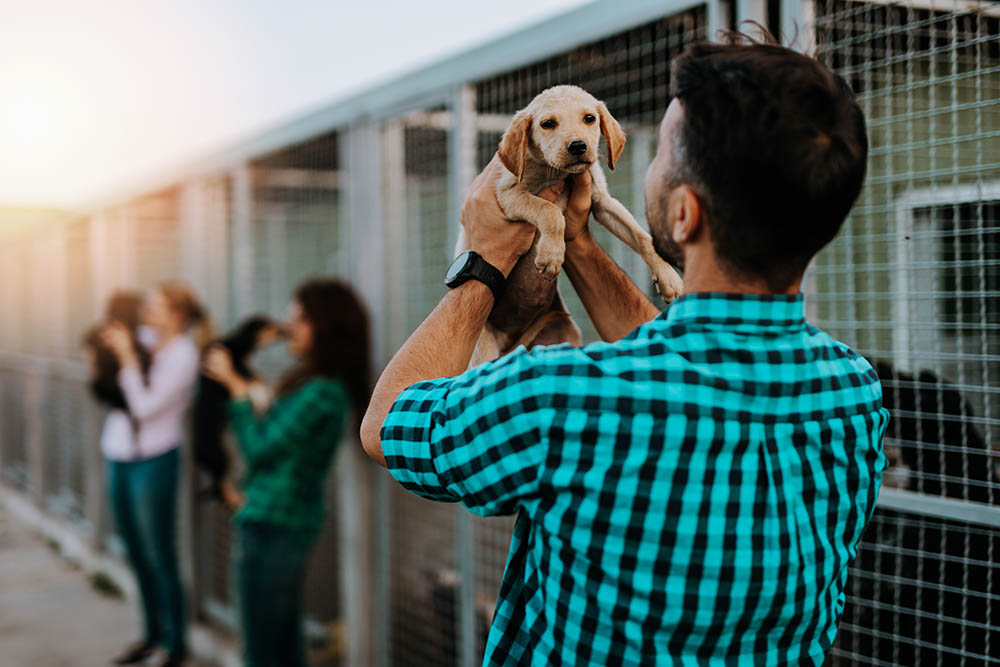
The astonishing thing about this statistic is the number of animals. It also reveals the popularity of the so-called designer dogs. Remember that online sales are a significant part of the market, making large operations possible. It’s evident that puppy farms are a global problem based on this puppy mill’s output. This operation brought in an estimated annual revenue of $2 million.
(News Australia)
13. The popularity of designer dogs has increased by 75%, signaling a need for quick action on puppy farms.
Understanding the market is essential to put an end to puppy mills. Individuals working with purebred dogs have oversight from their respective parent clubs and national registries. That doesn’t exist on the same scale for these so-called designer dogs. It points to massive obstacles toward reining in the problem. The demand is fueling the supply and will probably continue without national legislation.
(Animal Medicine Australia)
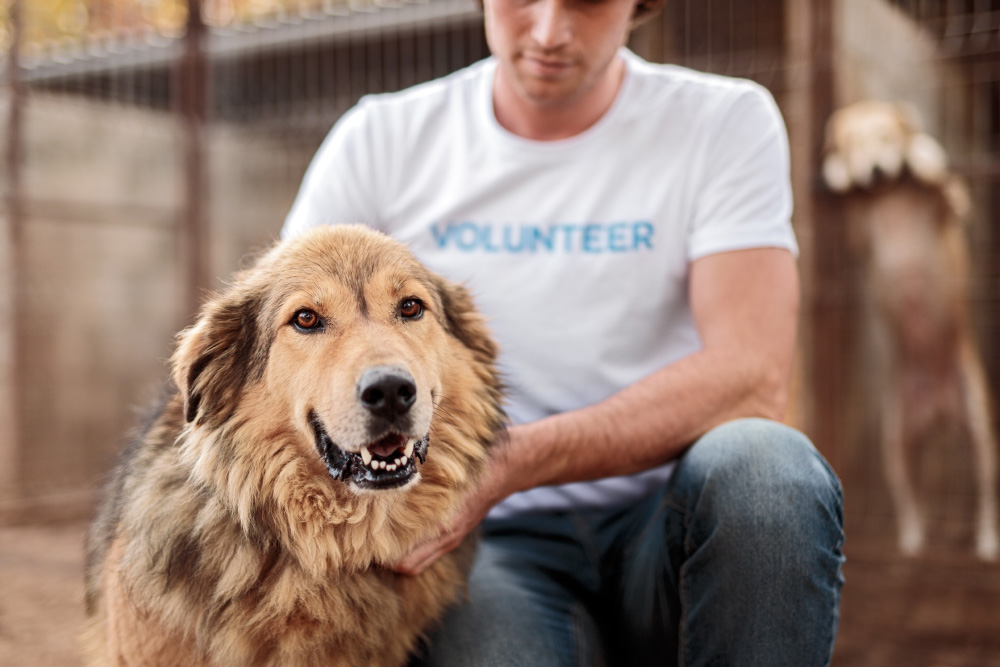

Frequently Asked Questions About Australia Puppy Mills
What Are the Main Issues With Puppy Mills?
A lack of animal management legislation makes it challenging to get to the root of the problem. Animal welfare must be the primary goal. Another issue exists with animals getting into the system. For example, South Australia has conceded that spaying-neutering figures have plateaued, making a push for mandatory desexing essential.
(Government of South Australia)
What Defines a Puppy Mill From an Animal Welfare Perspective?
Several issues occur in these operations, including poor nutrition, inbreeding, overbreeding, and lack of socialization. Essentially, a good quality of life doesn’t exist for these dogs.
(Pets Australia)
What Is the RSPCA’s Policy on Companion Animal Care?
The organization prioritizes the needs of animals for their physical and mental well-being. It focuses on all aspects of care, including comfortable and safe living quarters, exercise, and responsible pet ownership.
(RSPCA)
What Are the Concerns About Caps?
There are several factors. On the one hand, limiting the number of breeding dogs makes sense. More animals raise questions about housing and adequate care. On the other hand, concerns exist about enforcement and funding. The United States has dealt with this problem, too. There’s also the worry that caps would send puppy mills underground, putting the animals at an even greater risk.
(ASPCA)

Recognizing Reputable Breeders
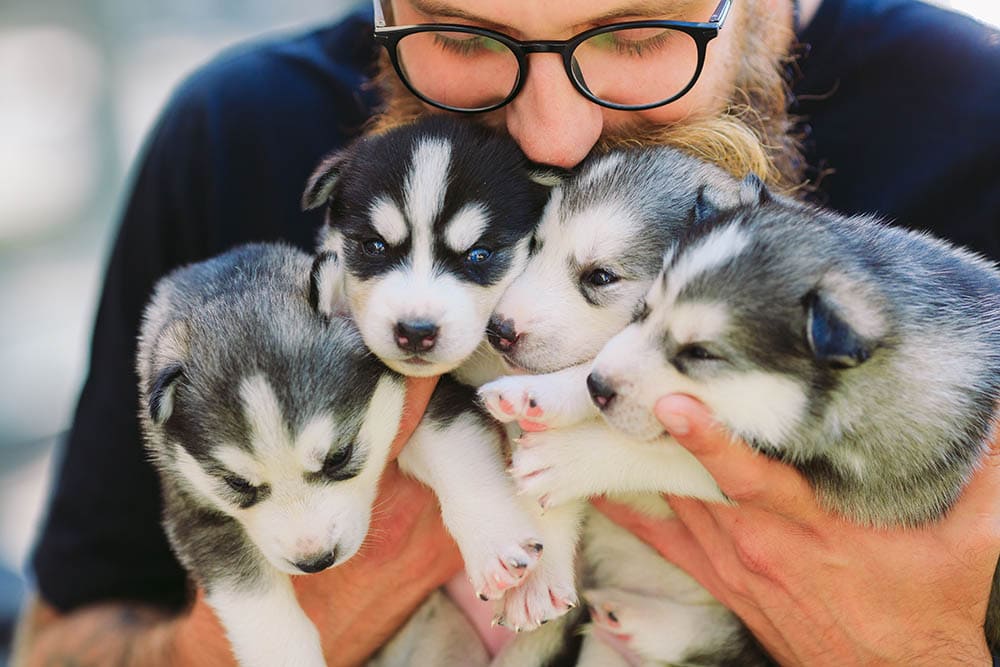
A reputable seller typically specializes in one breed. They devote their time and energy to learning about the animals and their optimal care. Beware of an individual who always has puppies available. No dog should be bred right after having puppies. We strongly urge you to request to see the mother and preferably also the father. Research supports this action, reducing future behavioral issues.
A reputable seller will provide a medical history for every puppy that includes vaccinations and deworming. They typically offer a health guarantee since some congenital issues develop later in life. We love the Great Pyrenees Club of America’s Code of Ethics, which states, “A breeder shall be available to his buyer for whatever advice, reasonable aid, and assistance they may need for the life of that dog.” That’s something that all breeders should live by.
(The Veterinary Record, Great Pyrenees Club of America)

Conclusion
Puppy mills are part of the dark side of the pet world. They show just how far greed can motivate a person. Sadly, the dogs suffer. Fortunately, Australians and their government recognize the scope of the problem and have made strides toward changing it. It’s sobering that it takes legislation to stop these unthinkable operations. It behooves all prospective pet owners to research before buying.
See Also:
Featured Image Credit: khlungcenter, Shutterstock
